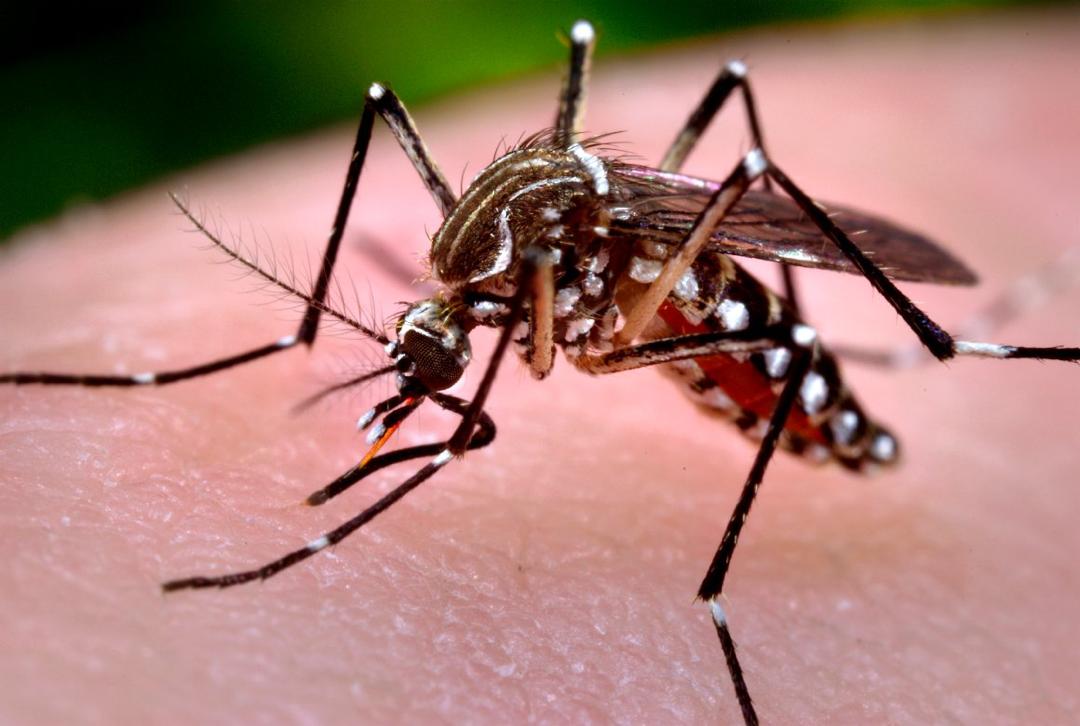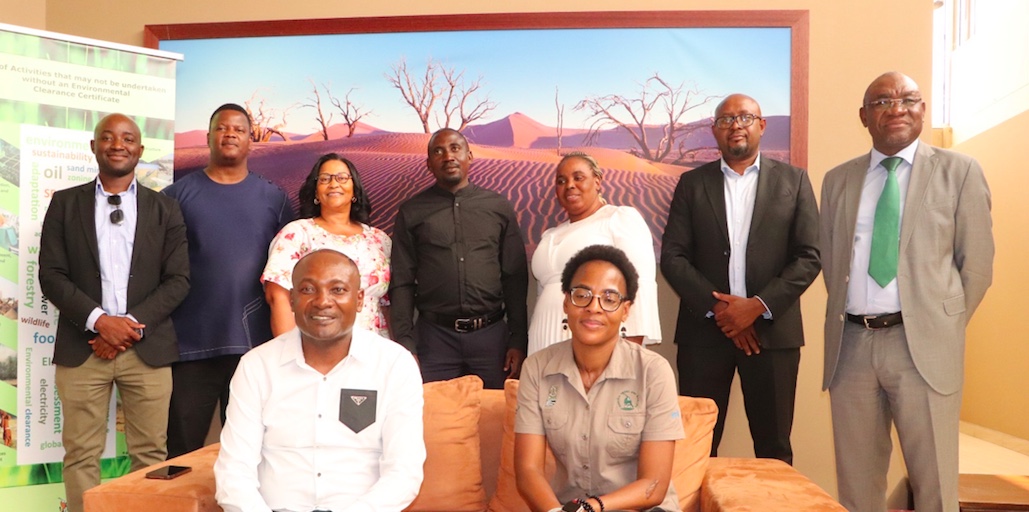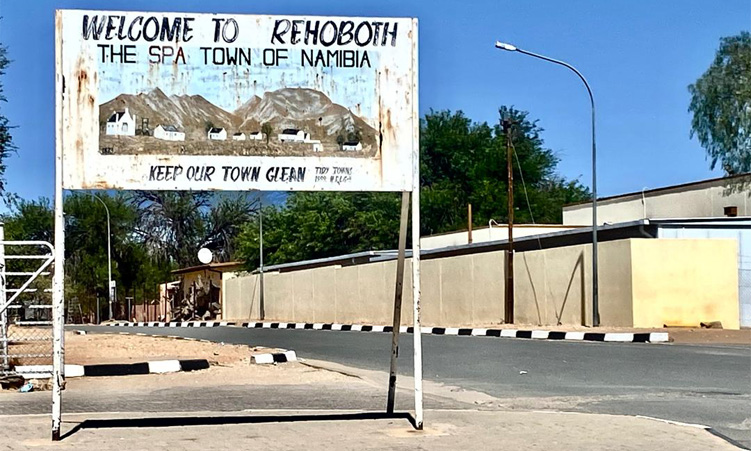- WRITTEN BY: MICHAEL MADHIMBA
The Epukiro Post 3 settlement in the Omaheke region has in recent weeks been plagued by mosquitoes, owing to stagnant water bodies in the area.
Residents at the settlement have expressed concern over the health hazard if the situation is not promptly addressed.
In response, a fumigation team from the Ministry of Health and Social Services began operations earlier this week as part of a routine fumigation exercise.
Dalton Doeseb, a malaria control fumigation technical team member, attributes the recent increase in mosquitoes in the settlement to stagnant water bodies, particularly the sewage pond.
“Our investigations revealed a broken water pump, which has resulted in stagnation of water, thereby creating a conducive breeding environment for larvae development,” he says.
Doeseb emphasises the need for a collaborative approach in tackling the infestation, noting that the broken pump is the Ministry of Works and Transport’s responsibility.
The malaria control team is employing a two-pronged strategy: targeting mosquito larvae at the source and conducting indoor fumigation. Regular monitoring will continue over the coming weeks to bring the situation under control.
Chief environmental health practitioner for the Omaheke region Elvis Uasora has confirmed the increase in mosquitoes.
“The Omaheke region’s malaria control strategy is focused on larvae siting, owing to the number of cases recorded. We currently have 57 malaria cases recorded at our health facilities throughout the entire region, inclusive of private health centres,” he says.
Uasora says Epukiro recorded one imported case of malaria earlier this year, involving a farmworker who travelled from another constituency.
The ministry’s malaria control strategy focuses heavily on larvae siting, which involves both chemical and physical control measures to eliminate stagnant water sources and inhibit mosquito breeding. Indoor spraying is prioritised in areas with confirmed malaria cases.
Uasora says only two villages in the Epukiro constituency, Otjimanangombe and Okozondje, have received rainfall and had undergone larvae siting.
The malaria control exercise will be repeated fortnightly across the region, with schools identified as a key focus area.
Stay informed with The Namibian – your source for credible journalism. Get in-depth reporting and opinions for
only N$85 a month. Invest in journalism, invest in democracy –
Subscribe Now!






